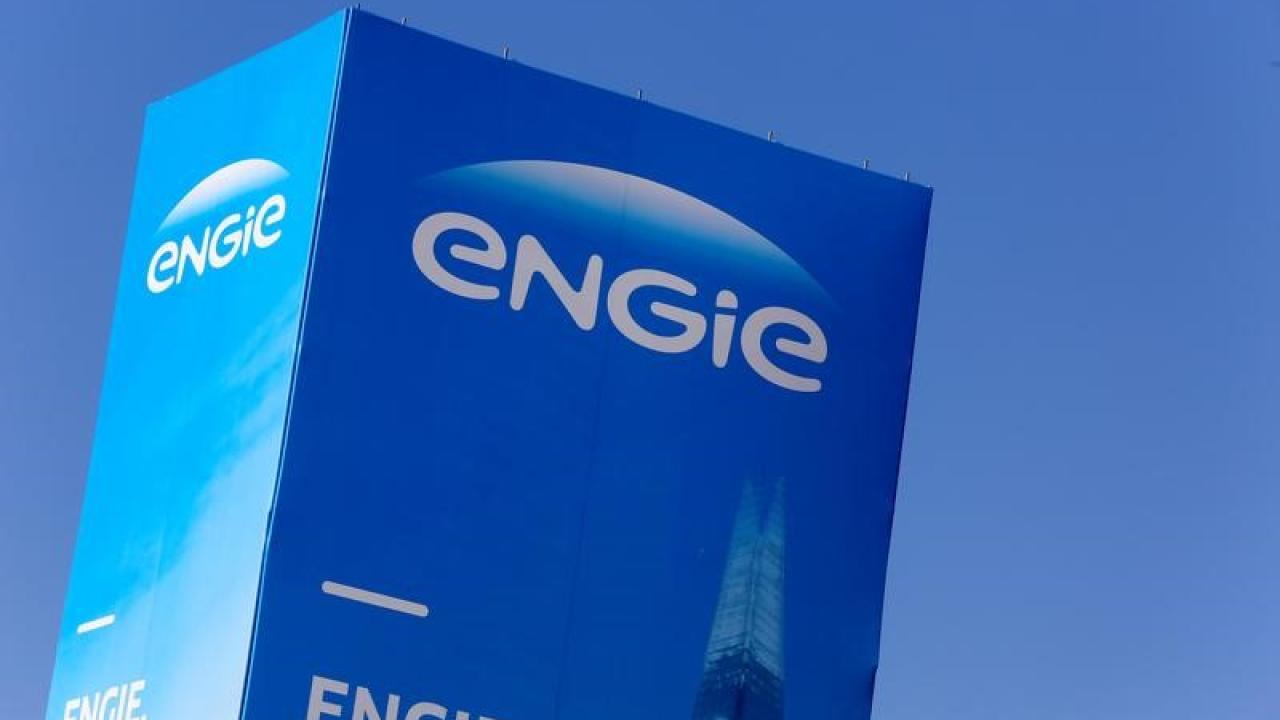
This storage system has an installed capacity of 139 MW/638 MWh and allows storing the energy generated by the Coya Solar Plant, located in María Elena, Chilean region of Antofagasta.
The electric company Engie in Chile took a step towards decarbonization this week, obtaining authorization from the National Electric Coordinator (CEN) to commercially operate BESS Coya, the largest energy storage battery park in Latin America to date.
This new asset of the French subsidiary has a storage capacity of 638 MWh, with 139 MW of installed capacity. Its technology is based on the Battery Energy Storage System (BESS) and uses lithium batteries to store the renewable energy generated by the Coya PV Photovoltaic Park (180 MWac), a plant located in María Elena, Antofagasta region.
Rosaline Corinthien, CEO of Engie Chile, explained that "the lack of optimization of the renewable energy generated in the north of Chile has always been one of our concerns. For this reason, we decided to incorporate a system of storage, with the aim of injecting energy into the system at night, when it is needed most.
“We believe that this technology is key to accelerating the decarbonization of Chile, while providing flexibility and security to the system. That makes its development an essential pillar of our business strategy,” commented the executive.
BESS COYA, THE NEW ENGIE TECHNOLOGY IN CHILE
BESS Coya has 232 containers that are distributed evenly among the 58 inverters of the solar plant. It allows you to supply energy for 5 hours, which is equivalent to a delivery of 200 GWh on average per year.
In addition, it plays an environmental role, since it makes it possible to supply around 100,000 homes with green energy, avoiding the emission of 65,642 tons of CO2 per year.
Juan Villavicencio, managing director renewable at Engie Chile, commented that for the company, storage systems are one of the keys in the decarbonization process.
“After the entry into commercial operation of BESS Coya, we now have 640 MWh of storage capacity in the country. To this will be added two more projects that are currently under construction: BESS Tamaya (68 MW/418 MWh) and BESS Capricornio (48 MW/264 MWh),” Villavicencio specified.
“That will translate into 255 MW (approx.) of power for 5 hours of energy discharge mainly at night. At the same time, each project we develop includes this type of technology,” said the Engie representative.









